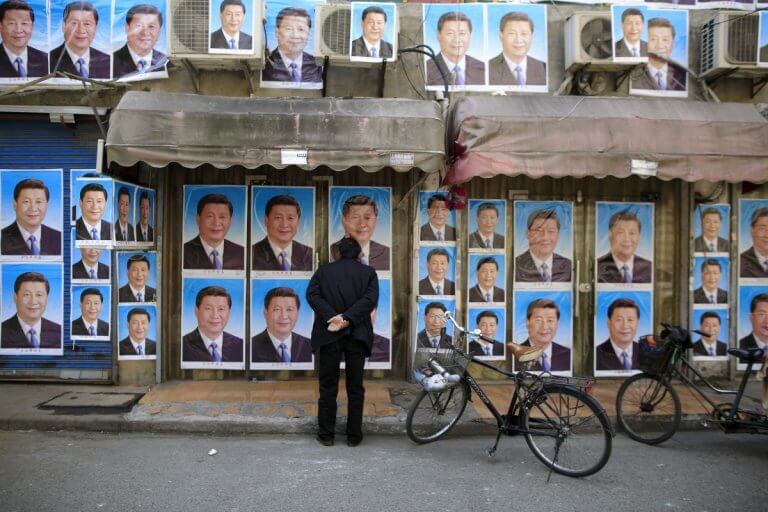
Academics and members of the Chinese diaspora in Australia have signed an open letter submitted to parliament regarding proposed amendments to national security law partly aimed at undermining perceived influence of the Chinese Communist Party on the country’s politics and universities.
The letter was submitted to a parliamentary inquiry into a new national security Bill, focused on “espionage and foreign interference”. The Bill aims to clamp down on the ability of foreign entities to provide financial donations to Australian political parties or civil society organisations.
It would also impose penalties including jail time for the receipt of what the Australian government deems “sensitive” information that could threaten national security.
Signatories of the open letter – comprising of academic staff from many of the country’s leading universities including the Australian National University, the University of Melbourne, the University of Sydney and University of Adelaide – expressed concern over the legislation, aspects of which they said would “imperil scholarly contributions to public debate on matters of importance to our nation”.
“We are alarmed that the new legislation would criminalise the simple act of receiving information deemed harmful to the national interest, let alone discussing it in public,” it said. “While exemptions have been proposed for journalists, this does nothing to assuage our concern that the freedom of scholars to fulfil their public function will be threatened by these laws.”
Human Rights Watch and Amnesty International have also criticised the Bill, arguing that it would restrict rights to freedom of opinion and expression in Australia.
HRW has said in its current form, the Bill would see Australia “following in the steps of repressive countries” such as Cambodia and Turkey. “Legal provisions that chill free expression do not protect Australia’s democratic values but undermine them,” it said in a recent statement.
James Gomez of Amnesty said that the Bill is a “clear overreach” in the name of national security and would only serve to “hide government dealings from public scrutiny”, calling for it to be “scrapped immediately”.
The academics’ open letter also said that debate around supposed Chinese influence in Australia had “created an atmosphere ill-suited to the judicious balancing of national security interests with the protection of civil liberties.”
As a major trading partner of Australia, China’s role in business and politics has dominated headlines in recent years, particularly after Senator Sam Dastyari resigned in December 2017 over questionable links with Chinese businessmen. The Labor politician was found to have defended China’s position on the South China Sea during a visit to the country – contradicting his own party’s policy on the matter.
A recent book entitled Silent Invasion: China’s Influence in Australia by Clive Hamilton, a professor in public ethics at Charles Sturt University, has caused further controversy since it was released in February. It argues that China is actively trying to draw Australia into its sphere of influence and turn it into a “puppet state” by infiltrating government, business and academia.
The Chinese government has rejected the book’s claims as “completely meaningless and good for nothing.” The academics’ open letter also rejected Hamilton’s accusations, stating that: “We strongly reject any claim that the community of Australian experts on China, to which we belong, has been intimidated or bought off by pro-PRC interests.”
There was “no evidence” that China was seeking to export its political system to Australia, they said.
Liked this? Then you’ll love…
ASEAN-Australia Special Summit results in new opportunities for student exchange
Is Australia purposely delaying Chinese student visas to limit influence?







